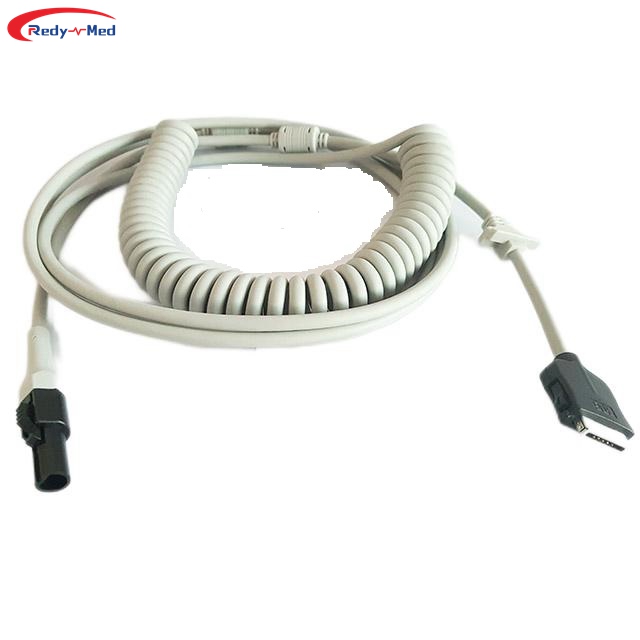
Evaluation of the Effect of ECG Cables on the Quality of ECG Signals
2024-03-21 00:04:44
Examining the Influence of ECG Cables on the Accuracy of Electrocardiogram Signals

Electrocardiogram (ECG) is a widely used diagnostic tool in the field of cardiology. It records the electrical activity of the heart, offering valuable insights into its functioning. However, the quality and accuracy of ECG signals can be affected by various factors, including the ECG cables connected to the recording device. This article aims to evaluate the effect of ECG cables on the quality of ECG signals, highlighting the importance of selecting appropriate cables for optimal signal detection.
1. The Impact of Cable Length and Thickness
The length and thickness of ECG cables have a significant influence on the quality of ECG signals. Longer cables tend to introduce higher resistance and capacitance, leading to signal degradation. Moreover, thicker cables minimize the impact of external interferences, resulting in a more accurate representation of the heart's electrical activity.
It is recommended to use cables of appropriate lengths, keeping them as short as possible while ensuring patient comfort. Additionally, cables with a larger diameter should be preferred to minimize signal attenuation caused by impedance mismatch.
2. Interference from Poor Cable Shielding
Cable shielding plays a crucial role in minimizing interference from external sources, such as power lines, radiofrequency signals, and other electrical equipment. Poorly shielded cables can introduce noise and artifact into the ECG signals, leading to inaccurate diagnosis.
When selecting ECG cables, it is essential to choose ones with high-quality shielding materials and techniques. Shielded cables with low capacitance and twisted-pair construction are effective in reducing interference and maintaining signal integrity.
3. Connector Quality and Compatibility
The quality of connectors used in ECG cables can significantly impact signal quality. Loose or faulty connectors can result in intermittent signal loss, poor contact, and increased noise levels.
Healthcare professionals should ensure that the connectors are properly secured and have reliable contact with the ECG electrodes. It is also crucial to verify the compatibility of the connectors with the recording device to avoid any impedance mismatch or signal dropout.
In conclusion, the quality of ECG cables directly affects the accuracy and reliability of ECG signals. The length and thickness of the cables, as well as their shielding and connector quality, are crucial considerations for obtaining high-quality ECG recordings. By selecting appropriate cables and ensuring proper connections, healthcare providers can enhance the diagnostic value of ECG signals, facilitating better patient care and treatment decisions.
Get the latest price? We'll respond as soon as possible(within 12 hours)




